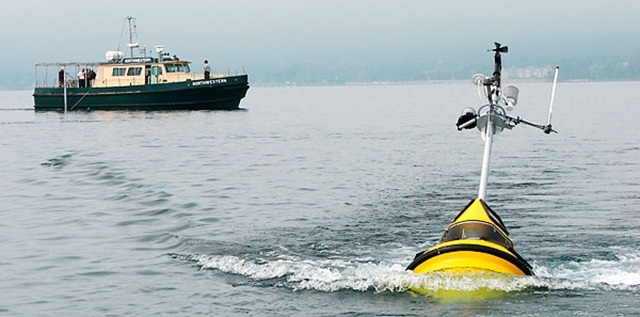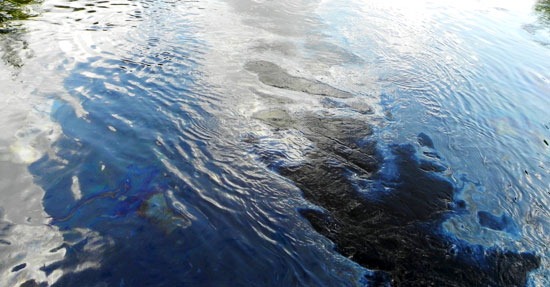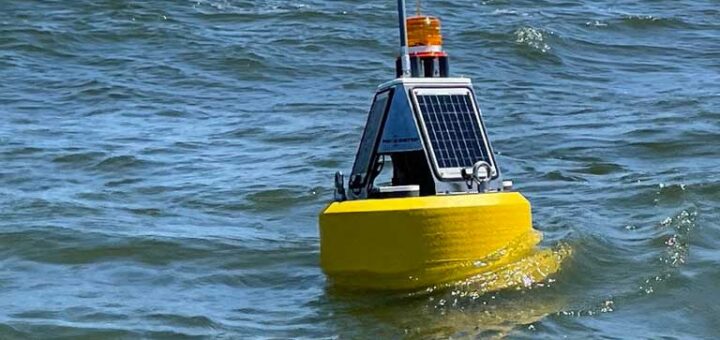Loophole in environmental review process for pharmaceuticals opposed
0 Pharmaceuticals seeping into lakes and other water bodies has been an emerging health concern for both humans and wildlife, as they are not effectively filtered out by wastewater treatment plants.
Pharmaceuticals seeping into lakes and other water bodies has been an emerging health concern for both humans and wildlife, as they are not effectively filtered out by wastewater treatment plants.
The Food and Drug Administration typically reviews new drugs to ensure they are safe to enter the environment, but a regulatory loophole allows them to exempt some drugs. The Natural Resources Defense Council and Great Lakes Environmental Law Center have filed a petition against this loophole and plan to pursue further legal action if necessary.
The loophole, stipulated in 21 CFR § 25.31, allows the FDA to forgo this environmental review if the new drug is not expected to appear in water supplies at concentrations higher than 1 part per billion.
Current scientific information indicates that’s not a safe standard, according to Wayne State University Law Professor Noah Hall, who specializes in environmental and water law.
“This [concentration] may sound miniscule, but with many drugs entering our water supply, the science is clear that the exemption threshold is just not adequate to protect our health and should be repealed,” Hall wrote in his personal blog.
The petition does not aim to have environmentally damaging drugs revoked, but simply to have the environmental risks studied and acknowledged, Hall wrote.
Potentially harmful levels of many drugs have often appeared in the Great lakes and other surface waters. In March, we reported that Lake Michigan, a drinking water source for millions of people, contained a number of drug-related chemicals in low levels.
The presence of drugs in water has been known to some extent since the 70s. However, modern water quality monitoring technology, which can detect chemical contamination at lower concentrations, has revealed how widespread the issue is.
Studies have turned up antibiotics, steroids, other hormones, cancer therapies, lipid regulators, and anti-inflammatory drugs in our lakes. They can arrive either through direct disposal or within human waste. Many drugs contain endocrine disrupting chemicals, which have been shown to interfere with the reproductive functions of wildlife and can do so in humans as well.
Sewage treatment plants are not designed to remove these kinds of chemicals, and laws regulating hazardous waste disposal do not account for most pharmaceutical waste either. Hall notes that one study showed that as much as 93% of active drug compounds exited wastewater treatment just as active as when they entered.
What do you think of the FDA’s current review exemption? Share your thoughts in the comments below.
Great Lakes Environmental Law Center and NRDC file petition to close loophole on pharmaceutical drugs in drinking water [Great Lakes Law] Drugging Our Waters [OnEarth]
Image Credit: http://www.flickr.com/photos/emagineart/4742089272/













